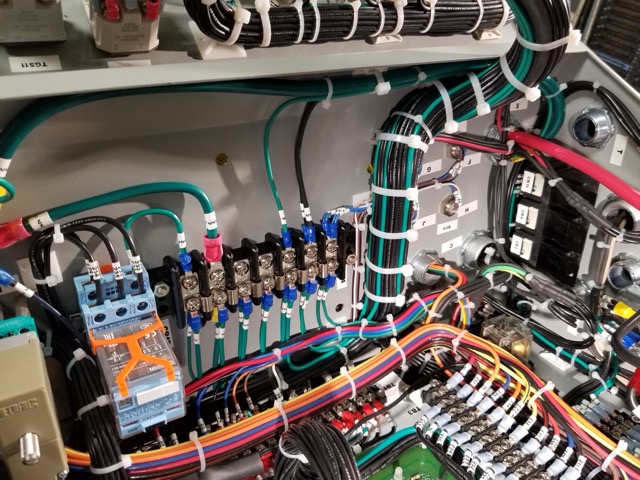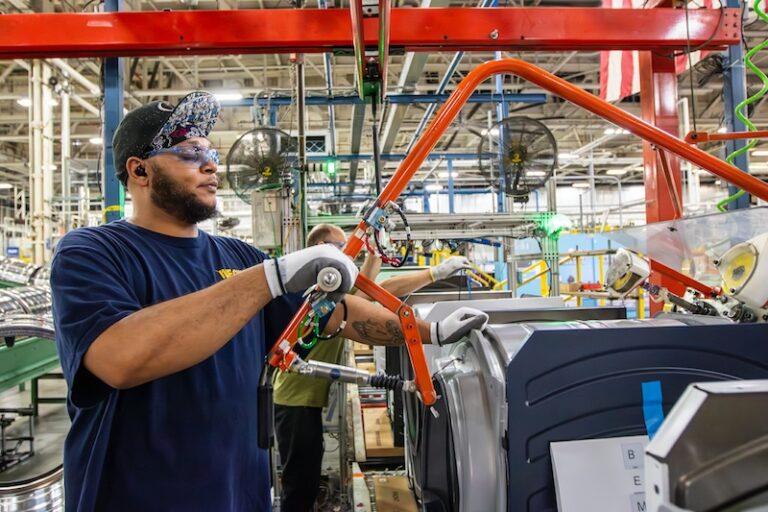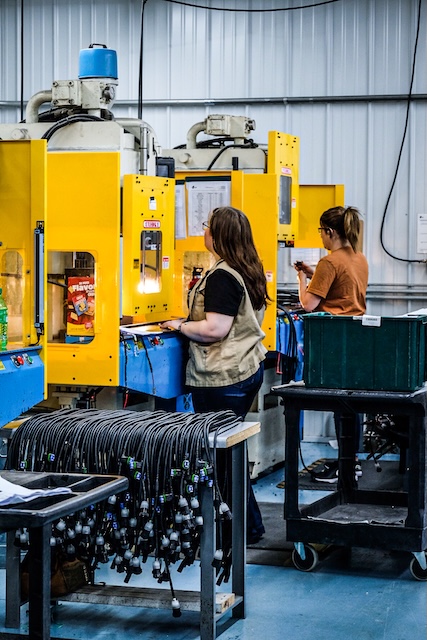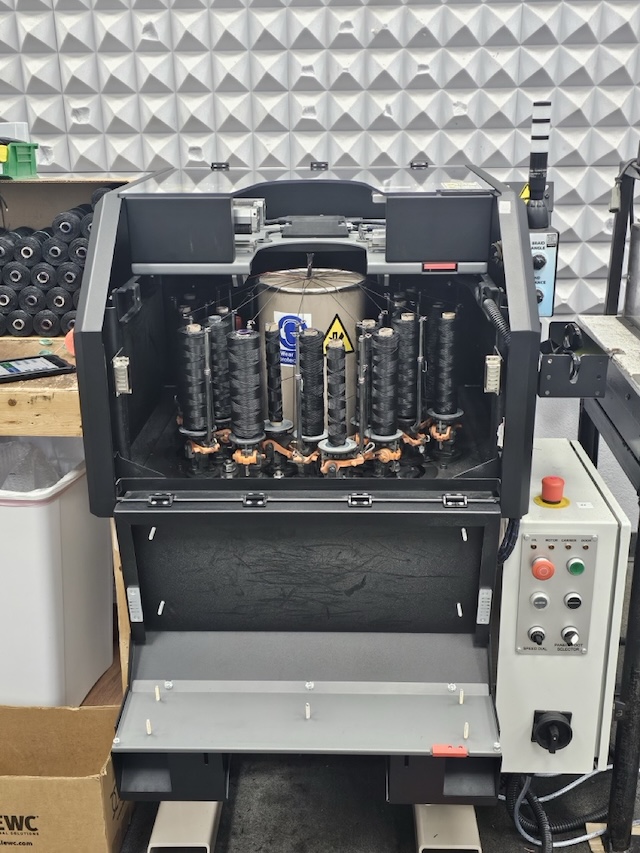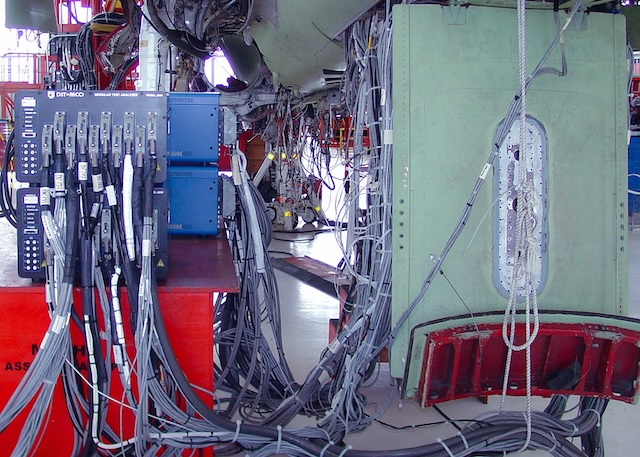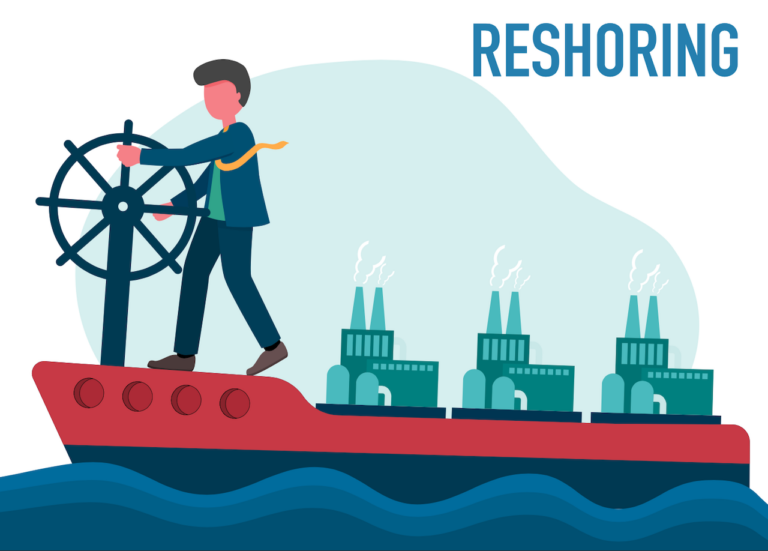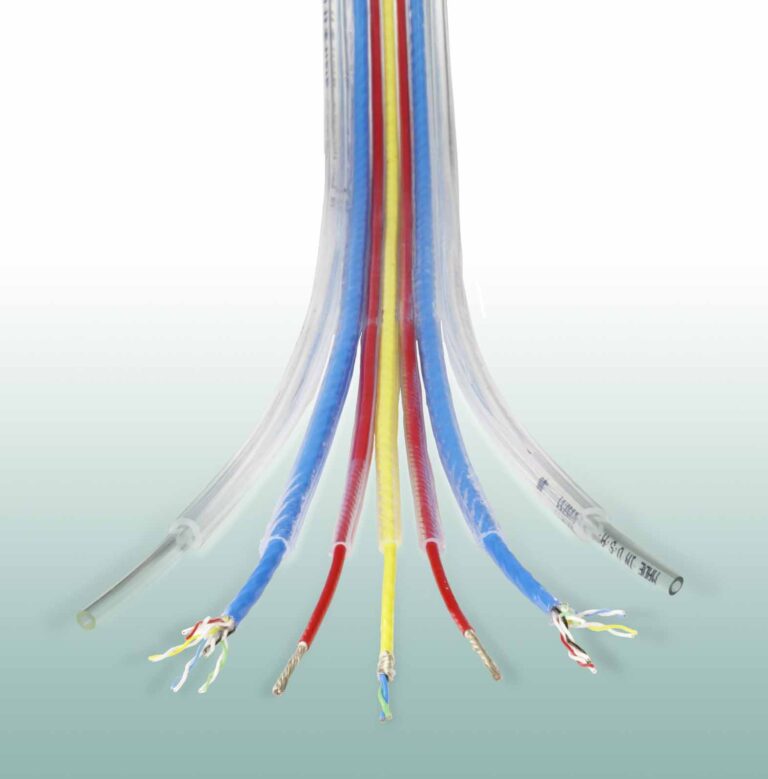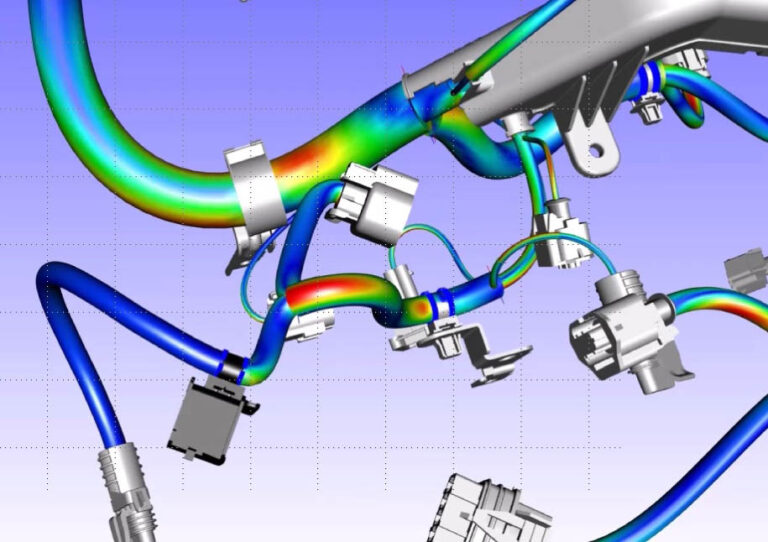Trump, Trudeau, and the USMCA
By Paul Hogendorn
Hardly a day goes by without a political headline, and unfortunately, most of those headlines have little to do with anything that really makes a difference to manufacturers, but the significant policies they put in place really do. It is worth examining these policies objectively, independent of preconceived political notions about the leaders or the parties they belong to. When you do, you may come to some unexpected conclusions: the perceived right leaning US government has actually provided a catalyst for positive social and environmental stewardship, and the perceived socially and environmentally conscious Canadian government’s policies actually take the country in the opposite direction.
The most significant policy that affects all manufacturers in North America is the new USMCA, which replaces the NAFTA agreement. The 2 biggest differences in the new agreement are the country of origin rules and new labour provisions. It was largely the Trump administration’s agenda that caused NAFTA to be renegotiated and replaced by the new USMCA.
Under the new agreement, automobiles must have 75 percent of their components manufactured in Mexico, the US, or Canada to qualify for zero tariffs, up from 62.5 percent under the old NAFTA, and 40 to 45 percent of the parts have to be made by workers who earn at least $16 an hour by 2023. Mexico has also agreed to pass laws giving workers the right to union representation, extending labor protections to migrant workers, and protecting women from discrimination. These are policies usually more associated with the “left” than the right, but they were initiated by the US. The rationale may have been that US factory jobs would be protected by creating a more competitive playing field for US (and Canadian) operations, but the net result is also improved economic working and social conditions for Mexican workers, and their society in general.
The automobile industry has created and sustained a healthy middle class in many countries over the last century, but Mexico is not yet one of them. In the US and Canada, for instance, the average auto factory worker’s annual income is roughly 2 times the cost of the product they produce – a 2:1 ratio. In Mexico, the ratio is likely .5:1, meaning the average worker is not likely able to afford the cars they help build. In my opinion, this is not the automobile companies’ doing, as most of these companies recognize their factories do more than just build cars, they help build a consuming market for them too. (Ford initially created the middle class by literally doubling wages, forcing all manufacturers to do the same to attract workers. Toyota has often stated, and demonstrated, that they “will build their cars where their customers are buying their cars”.) Trump’s policy may have been intended for the US worker, but it will have significant positive impact for the Mexican work force as well.
Meanwhile, in Canada, the Trudeau government’s Carbon Tax and Energy policies are likely to have a significant negative effect on manufacturing. As Asian and European automakers are scrambling to open assembly or Tier 1 supply plants in North America, the higher costs of manufacturing in Canada due to the new tax and the already high cost of energy, very few are likely to end up north of the border. Responsible governments attract responsible investments from responsible manufacturers, while irresponsible governments do not. Ontario and Queretaro provide good examples of that. The province of Ontario has only had one major “green field” investment by an automaker since the mid 1980’s. Through the McGuinty and Wynn governments, artificial incentives were required just to keep the large plants Ontario had, and even that wasn’t enough. Even though Doug Ford’s newly elected provincial Conservative government is working hard to demonstrate “Ontario is open for business”, the federal government’s energy policy and carbon tax will likely throw a wet blanket on their efforts.
The Queretaro region in Mexico, on the other hand, has widely been recognized as having the most consistently responsible governments in that region for decades, and it has been rewarded with significant investments from major automobile producers from every part of the world – Europe, Asia and North American – and it looks to be attracting far more as a result of the USMCA – including from a lot of Canadian owned companies. (And who can blame them?)
From a global environment and human rights point of view, the USMCA is a net positive. Keeping plants open in the US and Canada is better for the environment globally, as environmental regulations are tougher and more likely to be enforced in those countries. Improving wages, worker’s rights and protecting human rights is also net positive globally, but for Canada, it may be simply a matter of holding on the manufacturing industry they still have.
Beyond the noise of the headlines of the current leaders, the policies and decisions their governments make will have a far longer lasting impact. For better, or worse.























